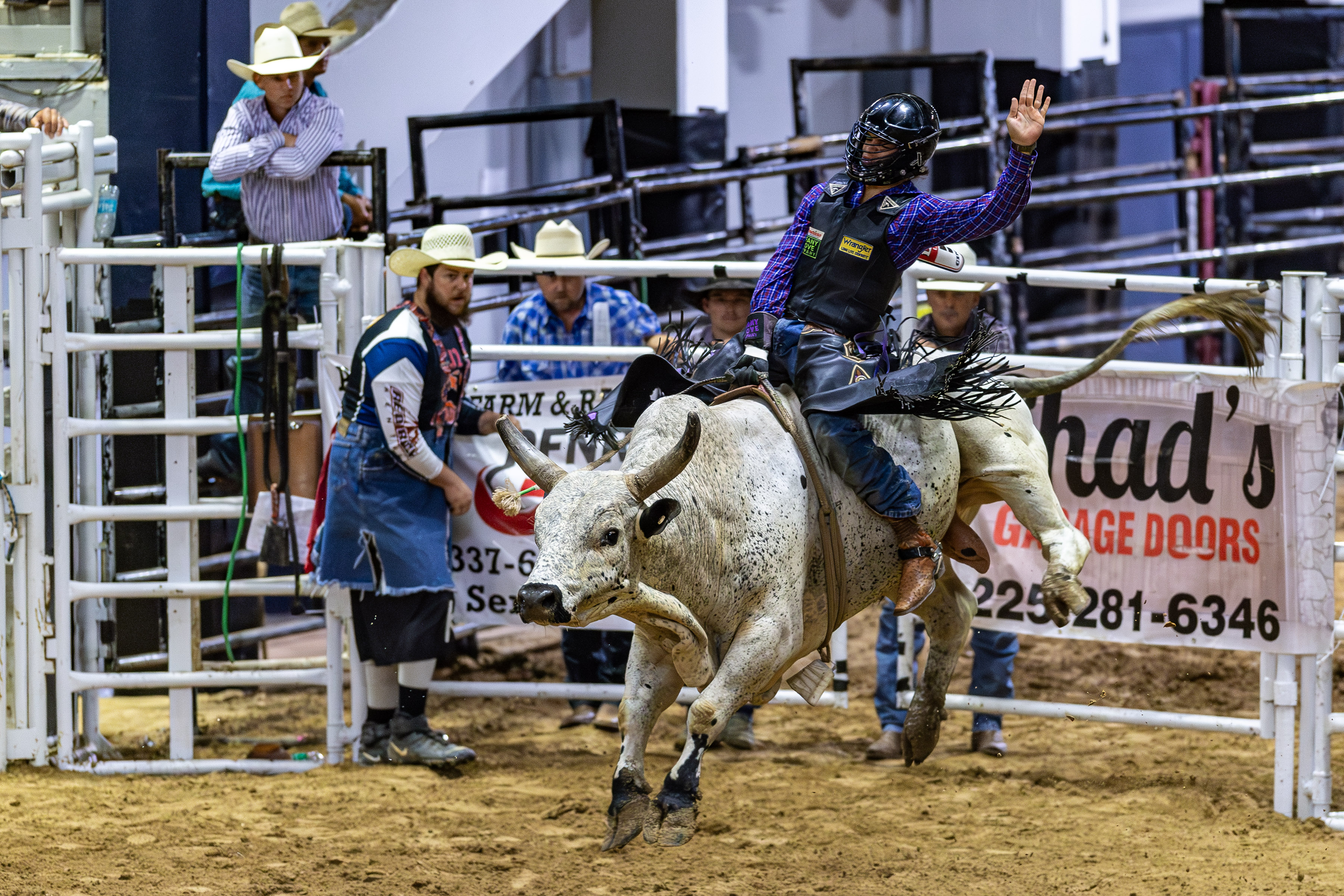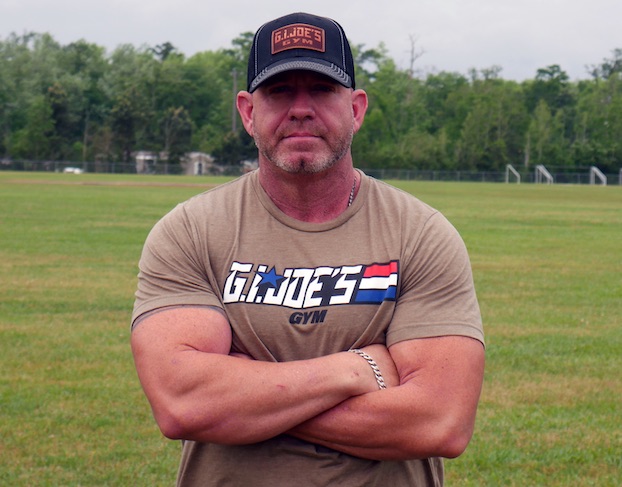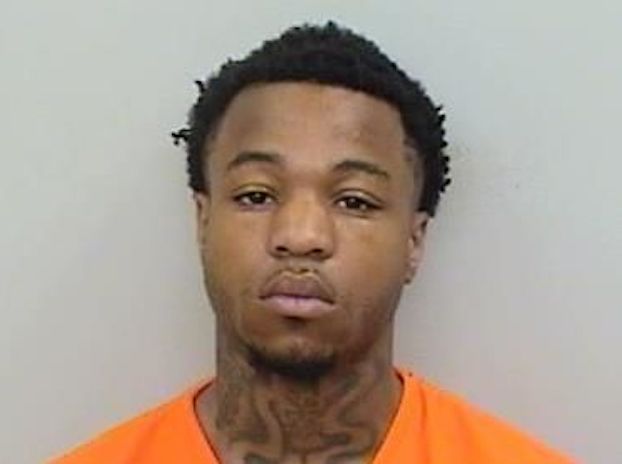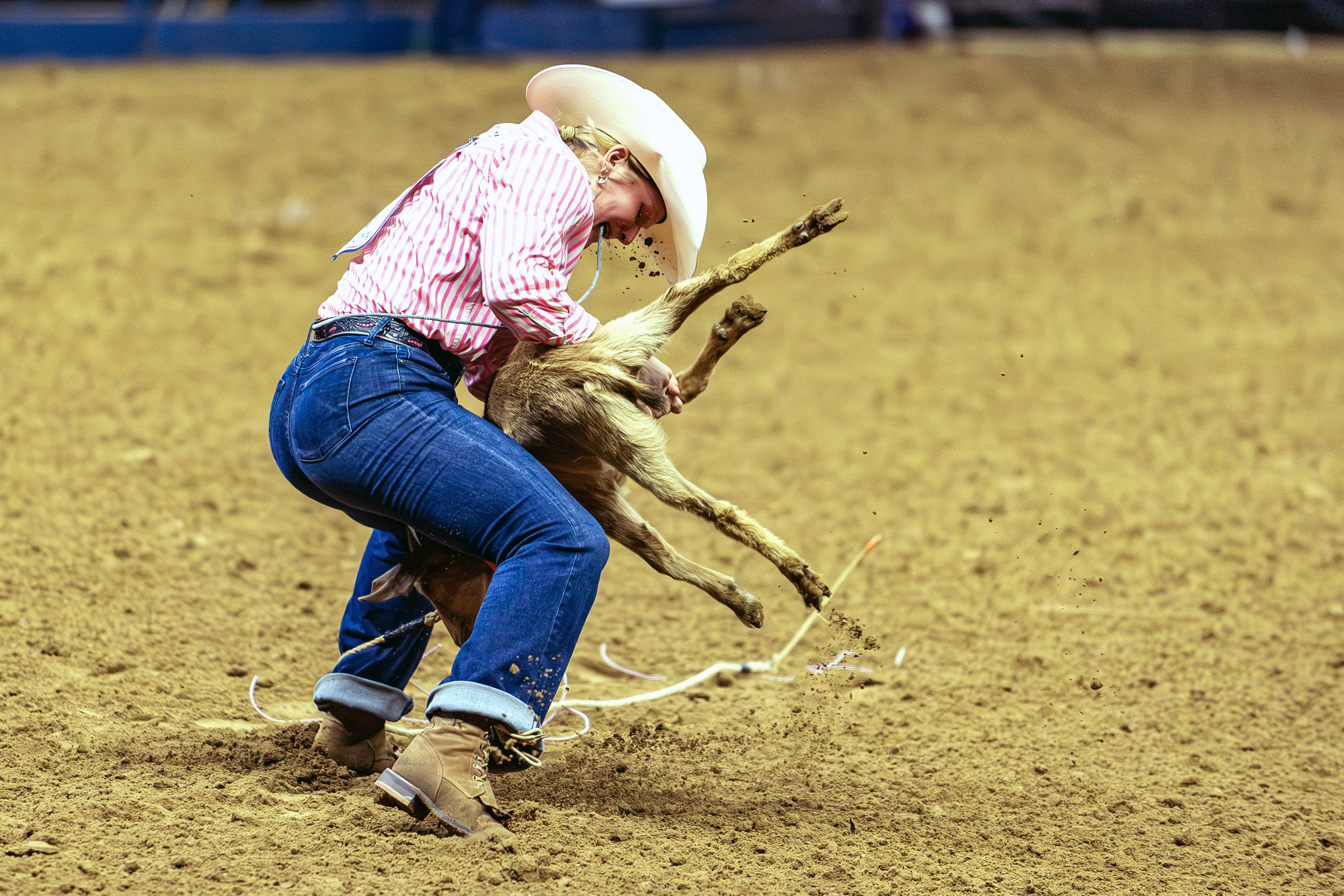A Lake Charles veterinarian has been sentenced to more than a year in federal prison for his part in a racehorse doping conspiracy.
U.S. Attorney Alexander C. Van Hook said Kyle James Hebert, 43, was sentenced to 15 months in prison for once count of conspiracy; two counts of receipt of adulterated or misbranded drug with the intent to defraud and mislead; and one count of misbranding a drug while held for sale with the intent to defraud and mislead.
He also received three years of supervised release and ordered to pay a $10,000 fine.
Hebert’s company, Southern Equine Sports Medicine, operated veterinary clinics in Lake Charles and Sunset, which is in Landry Parish.
Herbert sold what is known as “frog juice,” an unapproved opioid drug, to trainers to improve their performance.
Omaha, Neb.-based Kohll’s Pharmacy & Healthcare Inc., Hebert’s co-conspirator, was sentenced to five years of corporate probation and ordered to a pay a $200,000 fine for conspiracy and two counts of introduction of an adulterated or misbranded drug in interstate commerce with intent to defraud.
During a nine-day trial in November, jurors learned that Kohll’s Pharmacy — which also operated as Essential Pharmacy Compounding — obtained the painkiller demorphin from a California-based chemical company and repackaged it with the false “d-peptide” label.
Hebert bought $25,000 worth of the drug and then gave syringes loaded with it to racetrack trainers. At least four horses competing at Louisiana racetracks were given the drug, which is used to mask horses’ pain and any pre-existing injuries.
Demorphin is a painkiller 40 times stronger than morphine and is not approved by the Food and Drug Administration for use in humans or animals, Van Hook said in a news release. The drug is naturally secreted by South American tree frogs.
The Louisiana State Racing Commission in 2012 sanctioned nine trainers who horses tested positive for dermorphin.
According to a Times-Picayune report, one of the sanctioned trainers told the commission that Hebert gave the drugs to his horses, claiming they were “human herbs that would boost metabolism and help them breathe a bit.”
Staff writer John Guidroz contributed to this report.





